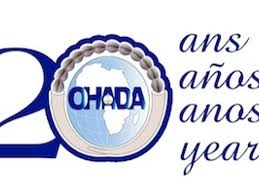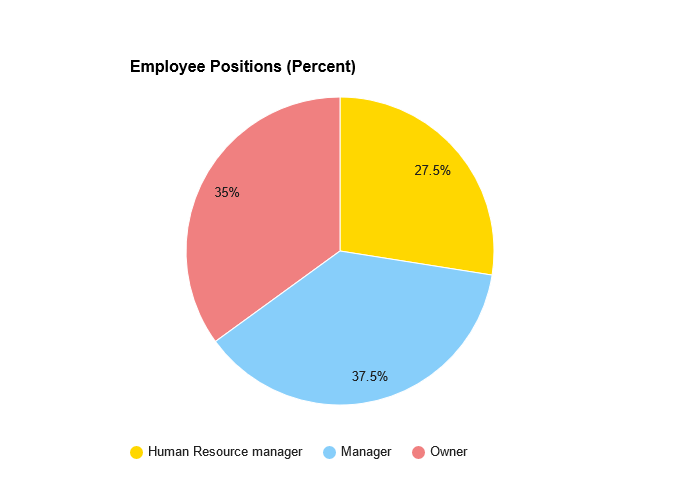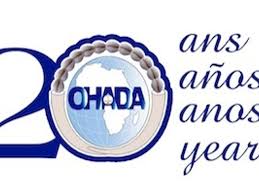
Injunctions to Pay: Understanding Opposition Under the OHADA Uniform Act of 2023
The OHADA Uniform Act of 17 October 2023 provides a streamlined legal framework for recovering debts through simplified recovery procedures. One key aspect of this process is the opposition mechanism available to debtors against an injunction to pay. Here, we break down the key articles related to the opposition process.
Article 9: Recourse by Opposition
A debtor who wishes to challenge an injunction to pay must do so through an opposition. This opposition must be brought before the President of the competent court or a Judge delegated by him who initially granted the injunction to pay. The opposition must be formally filed by an extrajudicial act.
Article 10: Time Limits for Filing Opposition
Opposition must be filed within ten (10) days from the date the debtor is served with the injunction to pay. However, this period may be extended to account for the distance between the debtor and the court. If the injunction was not personally served on the debtor, the opposition can be filed within ten (10) days following either the first act of personal service or the first enforcement action that affects the debtor’s property.
Article 11: Procedure for Filing Opposition
The party opposing the injunction must perform the following actions within the same act of opposition to avoid forfeiture:
- Serve the opposition to all involved parties, including the Bailiff, Process-server, and the Registry of the court that issued the injunction.
- Serve a summons for the debtor to appear before the competent court on a scheduled date that does not exceed thirty (30) days from the date of filing the opposition.
Article 12: Conciliation and Court Proceedings
Upon receiving an opposition, the court appoints a Judge to attempt a conciliation between the creditor and debtor. This process must occur within fifteen (15) days of the Judge's appointment and is conducted privately ("in chambers"). If conciliation is successful, a report is drawn up and signed by all parties, effectively replacing the injunction to pay, even if the original injunction had an executory formula.
If conciliation fails, the case moves to a public hearing, where the court will decide on the recovery claim within two (2) months from the first hearing date. This decision has the same weight as one rendered after a full hearing, even if the debtor does not attend. The court will address the entire dispute, including incidental claims and arguments on the merits.
Article 13: Burden of Proof
The burden of proving the debt rests with the petitioner who seeks the injunction to pay. This means the creditor must provide sufficient evidence to support their claim for the debt recovery to proceed.
Article 14: Replacement of the Injunction to Pay
If the case is examined on its merits, the court’s decision will replace the original injunction to pay. This decision will then stand as the final judgment regarding the debt recovery, subject to appeal.
Article 15: Appeal Procedures
Decisions made following an opposition can generally be appealed unless otherwise specified by the law of the respective State Party. The appeal must be filed within fifteen (15) days from the issuance of the decision if made after a full hearing or from the service date in the case of a default judgment. Both the appeal and the time limit for appeal have the effect of staying execution, although the court may order provisional enforcement of the decision.
Appeals must be lodged by extrajudicial act, served on the opposing party, and filed with the Registry of the court that rendered the judgment. Once the appeal is served, the Registrar of the original court must forward the case file and all related exhibits to the appellate court within ten (10) days. The appellate court is required to rule within two (2) months from the date of the first hearing, which must occur no more than one (1) month after the file's receipt.
By understanding these articles, businesses and individuals can better navigate the simplified recovery procedures outlined in the OHADA Uniform Act of 2023, ensuring they are prepared to effectively manage debt disputes and oppositions.
Explore more about how to safeguard your business interests under the latest OHADA regulations by visiting Solafide.tech and learn about our comprehensive accounting and legal support services.
Disclaimer
The information provided in this article is for general informational purposes only and does not constitute legal advice. Laws and regulations can change, and their application may vary based on specific circumstances. Readers are advised to consult with a qualified legal professional for advice tailored to their individual situation. Solafide and its affiliates are not responsible for any actions taken based on the content of this article.










